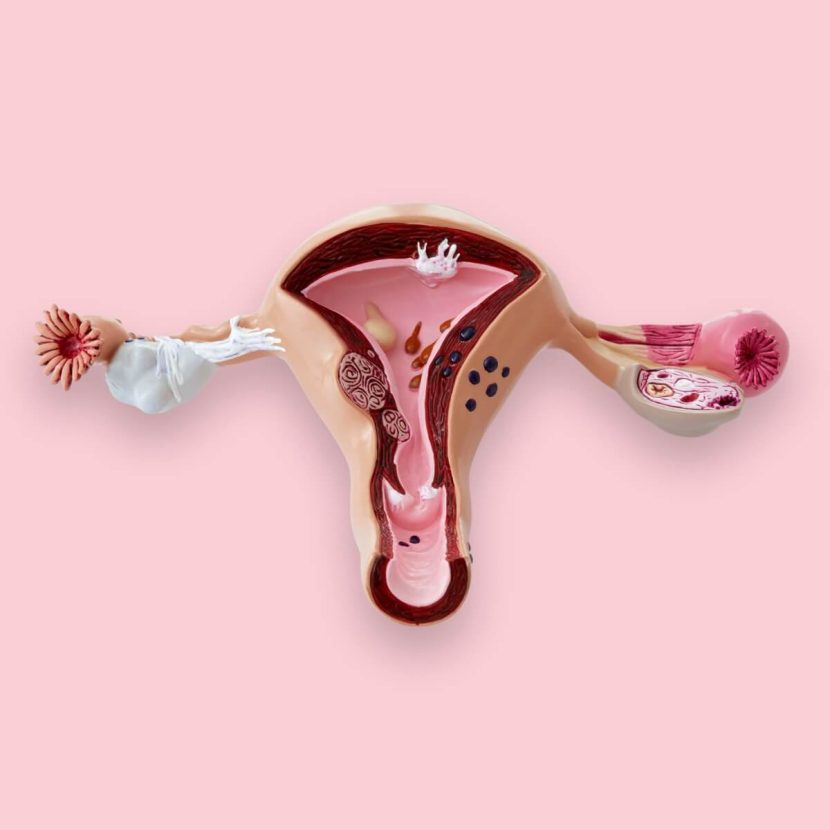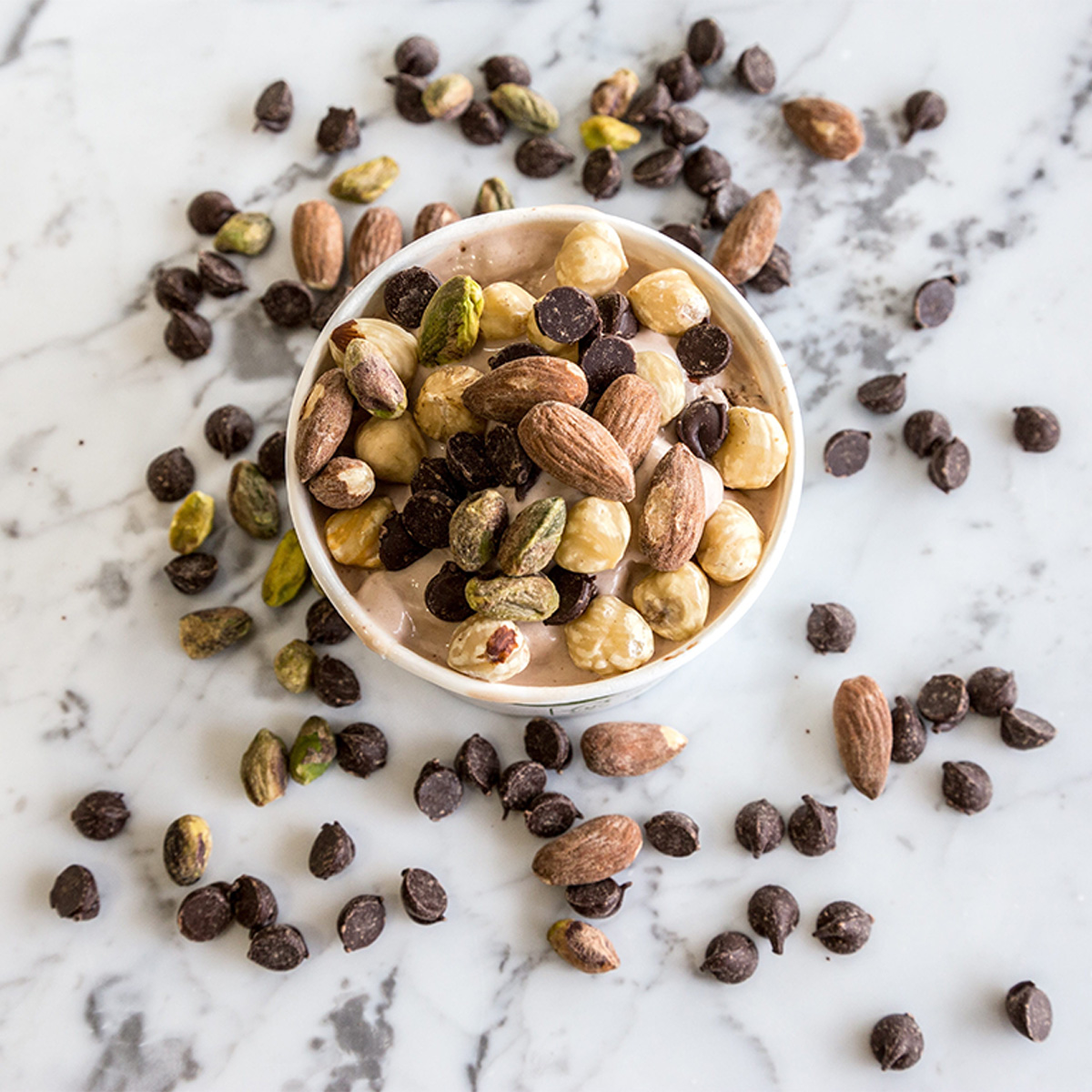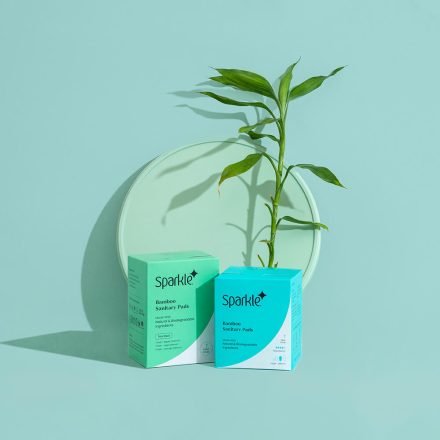September, as it’s commonly known, is World PCOS Awareness Month. While many women around the world may have this condition/are currently undiagnosed with it, Polycystic Ovarian Syndrome is a bit of an enigma in its own right. What is evident is that PCOS is a hormonal imbalance that interferes with a woman’s reproductive system – the ovaries are often larger than normal and can have many tiny cysts that contain immature eggs (which can create problems when it comes to conceiving). However, what is often debated upon, are the causes and correlations regarding PCOS.
Before we get into deconstructing that, you can learn all about the myths and facts of PCOS here.
What are the causes of PCOS?
Ah, the million dollar question. If you have PCOS or want to know the exact reasons for the occurrence of PCOS, you’ll be in line behind a long list of individuals who want to decode the very same.
Although the exact cause of PCOS is unknown, there is evidence that genetics do play a role. There are several other factors as well, including hormonal imbalances; if you have PCOS, your ovaries produce unusually high levels of androgen, causing an imbalance in your reproductive hormones. This, in turn, can lead to erratic menstrual cycles, missed periods, or even heavy bleeding. Moreover, insulin resistance, obesity, and higher levels of inflammation act as the catalysts leading to the development of PCOS.
Importance of diet for PCOS
Even though we may not exactly know how PCOS occurs, we can always take steps to mitigate it. This is where weight regulation and a strict diet comes into play.
It may seem like a daunting goal, but it can be attainable by simply incorporating certain small steps in your day-to-day life. Adapting to a healthier diet and changing eating patterns (along with some physical activities) is one of the most effective and safest methods to manage PCOS.
But, that brings us to the next question: what should the diet include? It goes without saying that a pro-PCOS diet must focus on whole grains, fresh produce, and plant-based proteins while limiting sugar, processed food, and trans fat. Experts recommend that a high protein and low carbohydrate diet can do wonders for weight and insulin issues.
Foods to include, if you are experiencing PCOS:

- Wholesome whole grains: Whole grains such as millets, oats, and buckwheat are great additions to your daily nutrition plan.
- Go green: Leafy greens such as spinach, cabbage greens, kale, broccoli, and other green vegetables are excellent sources of vitamins, minerals, and antioxidants.
- Hop over to healthy fats: Opt for unsaturated fats found in canola, olive oil, avocado, nuts, flaxseed, chia seeds, etc.
- Be friends with fruits: Opt for fruits low in the Glycemic Index (GI) such as apples, pears, and foods such as oatmeal, sweet potatoes, and legumes. The key is to keep it basic and minimalistic.
- Be pro-protein: Include plant-based proteins such as beans, peas, lentils, nuts, seeds, and tofu to see the difference.
- Drink adequate water: 8- 12 glasses of water is usually recommended for the daily intake.
Foods to limit/avoid in PCOS diet:

It’s hard to curb these cravings entirely, but you can always try limiting and substituting foods high in refined carbohydrates, sugary snacks/drinks, and inflammatory processed foods with healthier alternatives.
- Foods high in refined carbohydrates: Cut down on refined white flour, sugary foods, starchy vegetables (white potatoes), as well as artificial sweeteners.
- Foe (unhealthy) fats: Trans fats and hydrogenated fats in cooking oil, processed foods including fried food, fast food, packaged snack foods, frozen meals and snacks should be avoided.
- Soy: Restrict soy products as it can increase estrogen levels and lead to further delays in ovulation.
- Gluten: It can cause inflammation, which in turn, can result in insulin resistance that can eventually lead to diabetes.
Other lifestyle changes to consider with PCOS:
A strict diet is great at curbing PCOS at the source, but exercise is the true way to get your PCOS in check.

- Be active: Try to get at least moderate exercise each week. Start small and work up to longer times as your body adjusts. Your workout doesn’t necessarily need to be limited to jogging and heavy exercises; it can be pursued in your own way and can include sports, dance, yoga, cycling, zumba, swimming, and much more.
- Be happy: Calm your mind and connect with your body. Stress mitigation can work wonders.
- Seek professional help: See a doctor if symptoms continue to persist, and carve a healthy way forward for your body!
In most cases, PCOS can be a lifetime condition. But the good news is, there are ways to mitigate it. With PCOS, weight loss has been proven to be consistently successful in reducing insulin resistance (a strong byproduct of PCOS). Many experts suggest that a combination of dietary modification, exercise, mindful practices, modifying lifestyle factors such as alcohol consumption/smoking can be the collective key towards the long-term treatment of PCOS.
Try this out for yourself and tell us what you think!







